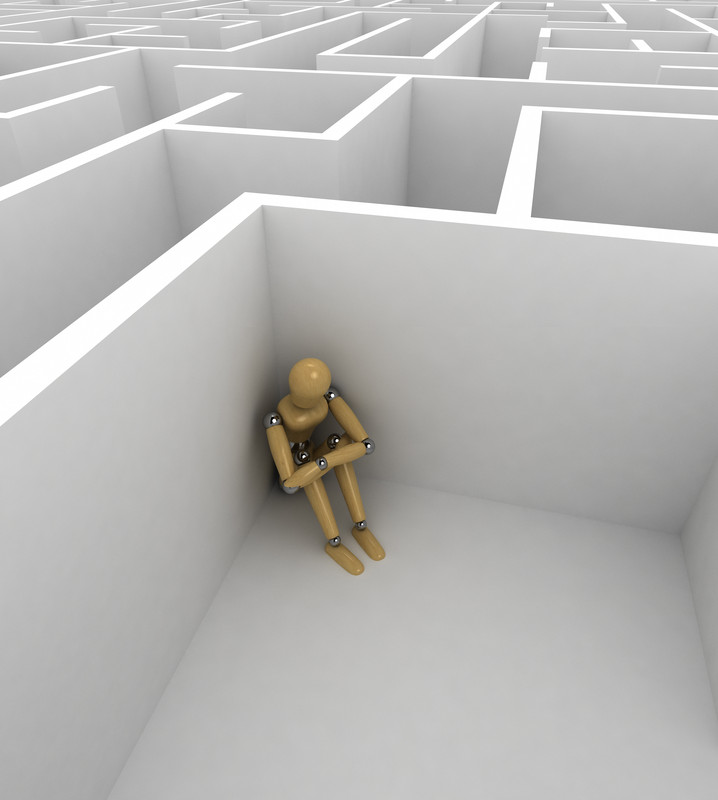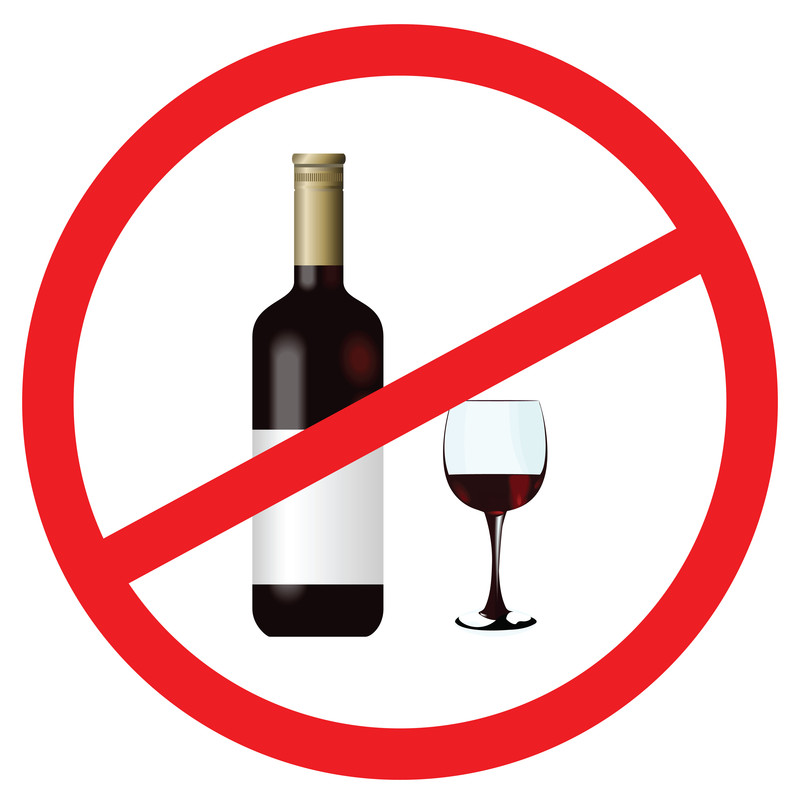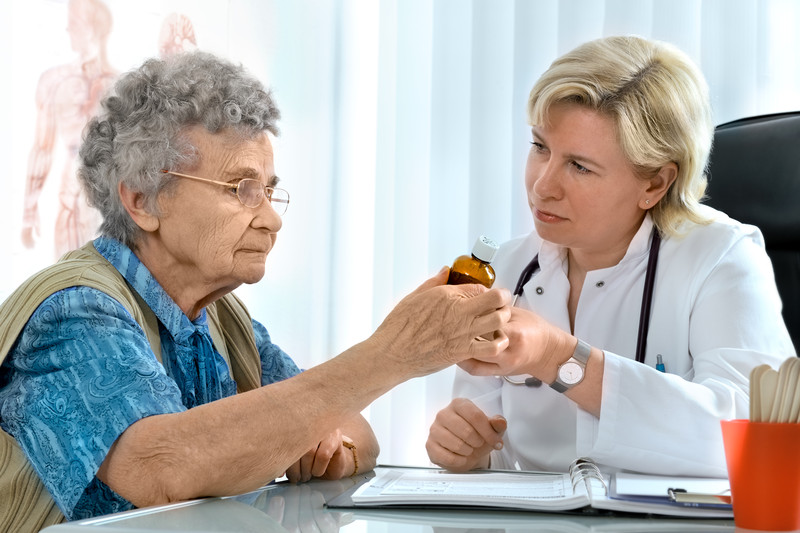| |
Oral Antidepressants
|
 |
Depression
|
Depression is an illness that causes patients to have persistent feeling of sadness and loss of interest.
They don't enjoy anything and find it hard to be positive about the future. People of all ages
, male or female, could be affected by depression. The average age of the first episode of
depression occurs in the mid-20s, and female are more prone to the disorder.
|
Professional help must be sought as the symptoms and severity of depression can vary widely among individuals.
Such symptoms may consist of psychological ones (e.g. continuous low mood and feeling
guilt-ridden, hopeless and helpless), physical ones (e.g. change in appetite or weight,
poor sleep and lack of energy) and social ones (e.g. avoid contact with friends and having
difficulties at home or family life). The symptoms persist for weeks or months and are bad
enough to interfere with work, social life and family life.
Treatment for depression usually involves a combination of medicines,
psychological treatments and self-help (for patients with subthreshold
depressive symptoms or mild depression). Without proper treatment,
depression could lead to serious consequences such as suicide, crisis
in marriage, unemployment and breaking of friendship. Most people with
depression feel better with medication, psychological counselling or
other treatment.
|
 |
|
|
▲ back to top
Treatment used |
Numerous treatments for depression are available, and usually the most effective treatment is a combination of medication and psychotherapy.
Antidepressants are medicines that treat the symptoms of depression. All the registered antidepressants in Hong Kong are available in oral dosage forms e.g. tablets, capsules, syrups and solutions. All these products are prescription-only medicines and should be administered strictly under doctor’s instruction and recommendation.
|
|
|
▲ back to top
Classes of antidepressants |
In general, antidepressants can be classified into five main categories: (1) tricyclic antidepressants; (2) monoamine oxidase inhibitors; (3) selective serotonin reuptake inhibitors; (4) serotonin and noradrenaline reuptake inhibitors and (5) atypical antidepressants.
They work by changing the levels of a group of chemicals in the brain called neurotransmitters. Certain neurotransmitters, such as serotonin, noradrenaline and dopamine can improve mood and emotion. Increasing the levels of neurotransmitters is a gradual process, thus most people may need to take antidepressants for two to four weeks before they notice any improvement in their symptoms.
|
| 1. |
Tricyclic antidepressants (TCAs): these have been used for years. However, a TCA is not usually recommended as a first-line therapy for depression because they tend to have more numerous and more severe side effects. Examples are amitriptyline, clomipramine, imipramine and nortriptyline.
|
| |
| 2. |
Monoamine oxidase inhibitors (MAOIs): they are another older type of antidepressant with a wide range of side effects. They tend to be used if other types of antidepressants are not effective. Example includes moclobemide.
|
| |
| 3. |
Selective serotonin reuptake inhibitors (SSRIs): these are the most widely prescribed type of antidepressants. These medications are safer and generally cause fewer side effects than other types of antidepressants. Examples are fluoxetine, paroxetine, sertraline, citalopram and escitalopram.
|
| |
| 4. |
Serotonin and noradrenaline reuptake inhibitors (SNRIs): they were designed to have better clinical result than SSRIs but so far the evidence of SNRIs being more effective than SSRIs in treating depression is uncertain. It seems some people respond better to SSRIs while others respond better to SNRIs. Examples are duloxetine, venlafaxine and desvenlafaxine.
|
| |
| 5. |
Atypical antidepressants: they are called atypical antidepressants because they do not fit neatly into any antidepressant category. Examples are bupropion and trazodone.
|
|
|
▲ back to top
Common side effects and precautions
Most antidepressants are generally safe, but in some cases, young adults ages 18 to 24
may have an increase in suicidal thought or behaviour when taking antidepressants, especially
in the first few weeks after starting or when the dose is changed. Patients should be closely
monitored during early antidepressant therapy until significant improvement in depression occurs.
Suicidal thoughts and behaviour may also develop during early treatment with antidepressants
for other disorders. The use of antidepressants in children and adolescents must be monitored
carefully as well because severe side effects can occur even though they are rare.
|
Antidepressants
|
Common side effects
|
Precautions
|
| 1. | Tricyclic antidepressants (TCAs) |
|
- Dizziness
- Agitation
- Sleep disturbances
- Irritability
- Anxiety
- Dry mouth
- Blurred vision
- Constipation
- Sweating
- Light-headedness
- Urinary retention
|
- Should be used with caution in patients with urinary retention, prostatic hyperplasia, chronic constipation, untreated angle-closure glaucoma and in phaeochromocytoma (rare adrenal gland tumor), epilepsy, diabetes, cardiovascular disease, hyperthyroidism and hepatic impairment
- Should be avoided in patients with heart block, cardiac arrhythmias, or in the immediate recovery period after myocardial infarction, or in severe liver disease
|
| 2. | Monoamine oxidase inhibitors (MAOIs) |
|
- Dizziness
- Postural Hypotension
- Gastrointestinal disturbance
- Headache
- Agitation
|
- Should not be used in patients with congestive heart failure, cerebrovascular disease and phaeochromocytoma
- Should be used with caution in patients with hepatic impairment, epilepsy, diabetes or hyperthyroidism
- Should be avoided or with great caution in patients with blood disorders or cardiovascular disease
- Should be avoided with certain foods and drinks, such as beer, wine, chocolate and cheese which contain a protein called tyramine, as taking together may cause a significant rise in blood pressure
|
| 3. | Selective serotonin reuptake inhibitors (SSRIs) |
|
- Nausea and vomiting
- Dyspepsia
- Diarrhoea
- Constipation
- Anorexia with weight loss
- Headache
- Dry mouth
- Decreased sexual desire
- Restlessness
- Insomnia
|
- Should be used with caution in patients with epilepsy, cardiac disease, diabetes, angle-closure glaucoma , a history of bleeding disorders or hepatic impairment
- Should not drive or operate machinery if performance of skilled tasks is impaired
|
| 4. | Serotonin and noradrenaline reuptake inhibitors (SNRIs) |
|
- Nausea and vomiting
- Dyspepsia
- Diarrhoea
- Constipation
- Decreased appetite and weight changes
- Dry mouth
- Sexual dysfunction
- Hot flush
- Increased heart rate
- Insomnia
- Headache
|
- Should not be used in patients with moderate to severe hepatic or renal impairment, with high risk of ventricular arrhythmia or uncontrolled hypertension
- Should be used with caution in patients with a history of seizures, bleeding disorders, hypomania or mania
|
| 5. | Atypical antidepressant Example 1: Bupropion |
|
- Headache
- Insomnia
- Dry mouth
- Taste disturbance
- Increased heartbeat
- Anxiety
|
- Should not be used in patients with epilepsy, eating disorders or severe hepatic cirrhosis
- Should be used with caution in elderly and in patients with diabetes, alcohol abuse , history of head trauma, with bipolar disorder or psychoses, with recent history of myocardial infarction, and in hepatic or renal impairment
- Should be used with caution in women who are pregnant or planning to become pregnant, due to the potential risk of congenital cardiovascular malformations
|
|
|
- Dizziness
- Dry mouth
- Blurred vision
- Headache
- Fatigue
- Nausea
- Muscle pains
- Irregular heartbeat
|
- Should be used with caution in patients with cardiovascular disorders, epilepsy and severe hepatic or renal impairment
|
|
Withdrawal symptoms
Antidepressants are not addictive in the same way that illegal drugs and cigarettes are, but when you stop taking them you may have some withdrawal symptoms,including:
- upset stomach
- flu-like symptoms
- anxiety
- dizziness
- vivid dreams at night
- sensations in the body that feel like electric shocks
In most cases these are quite mild, but occasionally they can be quite severe. They seem to be more to occur with paroxetine and venlafaxine.
|
▲ back to top
General advice
|
- A course of treatment with antidepressant usually lasts at least for six months. A two-year course may be recommended for people with a previous history of depression.
- Take the drugs as instructed by your doctor. Do not take more than the recommended dose as this will increase the risk of serious side effects.
- Avoid drinking alcohol if you are taking antidepressants to avoid side effects, especially if you are taking a TCA or MAOI
|

|
- Some antidepressants may cause you to feel dizzy, particularly when you first start taking them. If you do experience dizziness, avoid driving or using machinery.
- You should never take two different types of antidepressants, unless advised by your doctor.
|
|
▲ back to top
Communication with your doctor
|
|
- Communicate with your doctor for the best treatment option. Your doctor will prescribe the most appropriate drugs for you after considering your condition and your response to the drugs
- Antidepressants can interact with other medicines. Inform your doctor of the medicines you are taking, including over-the-counter medicines, so they can decide whether an antidepressant is safe for you to take.
- Inform your doctor of your medical history, as some diseases may warrant special precautionary measures.
- Inform your doctor that you are pregnant or to become pregnant as most of the antidepressants are usually not recommended for women who are pregnant or to become pregnant.
|
|
 |
- Seek medical advice immediately if you experience any symptoms or side effects suspected to be related to antidepressants. Your doctor may review your type of medication.
- Contact your doctor immediately if you have thoughts of killing or harming yourself at any time while you are taking antidepressants.
|
|
▲ back to top
Storage of antidepressants
Antidepressants should be kept in a cool and dry place. Unless specified on the label, medicines should not be stored in refrigerators. Furthermore, drugs should be kept properly in places unreachable by children to prevent accidental ingestion.
|
|
▲ back to top
|
|
Acknowledgement: The Drug Office would like to thank the Surveillance and Epidemiology Branch (SEB) and the Professional Development and Quality Assurance (PD&QA) for their valuable contribution to the preparation of this article.
|
|
|
|
|


